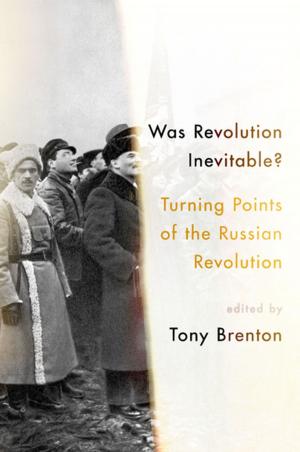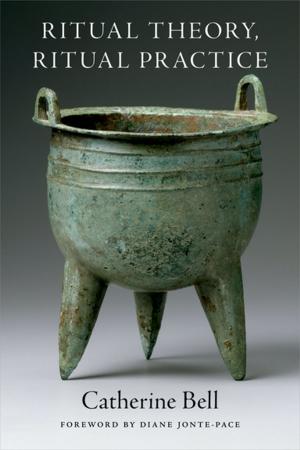An Empire Divided
Religion, Republicanism, and the Making of French Colonialism, 1880-1914
Nonfiction, History, France, European General| Author: | J.P. Daughton | ISBN: | 9780190294069 |
| Publisher: | Oxford University Press | Publication: | November 2, 2006 |
| Imprint: | Oxford University Press | Language: | English |
| Author: | J.P. Daughton |
| ISBN: | 9780190294069 |
| Publisher: | Oxford University Press |
| Publication: | November 2, 2006 |
| Imprint: | Oxford University Press |
| Language: | English |
Between 1880 and 1914, tens of thousands of men and women left France for distant religious missions, driven by the desire to spread the word of Jesus Christ, combat Satan, and convert the world's pagans to Catholicism. But they were not the only ones with eyes fixed on foreign shores. Just as the Catholic missionary movement reached its apex, the young, staunchly secular Third Republic launched the most aggressive campaign of colonial expansion in French history. Missionaries and republicans abroad knew they had much to gain from working together, but their starkly different motivations regularly led them to view one another with resentment, distrust, and even fear. In An Empire Divided, J.P. Daughton tells the story of how troubled relations between Catholic missionaries and a host of republican critics shaped colonial policies, Catholic perspectives, and domestic French politics in the tumultuous decades before the First World War. With case studies on Indochina, Polynesia, and Madagascar, An Empire Divided--the first book to examine the role of religious missionaries in shaping French colonialism--challenges the long-held view that French colonizing and "civilizing" goals were shaped by a distinctly secular republican ideology built on Enlightenment ideals. By exploring the experiences of Catholic missionaries, one of the largest groups of French men and women working abroad, Daughton argues that colonial policies were regularly wrought in the fires of religious discord--discord that indigenous communities exploited in responding to colonial rule. After decades of conflict, Catholics and republicans in the empire ultimately buried many of their disagreements by embracing a notion of French civilization that awkwardly melded both Catholic and republican ideals. But their entente came at a price, with both sides compromising long-held and much-cherished traditions for the benefit of establishing and maintaining authority. Focusing on the much-neglected intersection of politics, religion, and imperialism, Daughton offers a new understanding of both the nature of French culture and politics at the fin de siecle, as well as the power of the colonial experience to reshape European's most profound beliefs.
Between 1880 and 1914, tens of thousands of men and women left France for distant religious missions, driven by the desire to spread the word of Jesus Christ, combat Satan, and convert the world's pagans to Catholicism. But they were not the only ones with eyes fixed on foreign shores. Just as the Catholic missionary movement reached its apex, the young, staunchly secular Third Republic launched the most aggressive campaign of colonial expansion in French history. Missionaries and republicans abroad knew they had much to gain from working together, but their starkly different motivations regularly led them to view one another with resentment, distrust, and even fear. In An Empire Divided, J.P. Daughton tells the story of how troubled relations between Catholic missionaries and a host of republican critics shaped colonial policies, Catholic perspectives, and domestic French politics in the tumultuous decades before the First World War. With case studies on Indochina, Polynesia, and Madagascar, An Empire Divided--the first book to examine the role of religious missionaries in shaping French colonialism--challenges the long-held view that French colonizing and "civilizing" goals were shaped by a distinctly secular republican ideology built on Enlightenment ideals. By exploring the experiences of Catholic missionaries, one of the largest groups of French men and women working abroad, Daughton argues that colonial policies were regularly wrought in the fires of religious discord--discord that indigenous communities exploited in responding to colonial rule. After decades of conflict, Catholics and republicans in the empire ultimately buried many of their disagreements by embracing a notion of French civilization that awkwardly melded both Catholic and republican ideals. But their entente came at a price, with both sides compromising long-held and much-cherished traditions for the benefit of establishing and maintaining authority. Focusing on the much-neglected intersection of politics, religion, and imperialism, Daughton offers a new understanding of both the nature of French culture and politics at the fin de siecle, as well as the power of the colonial experience to reshape European's most profound beliefs.















